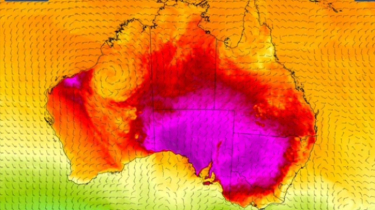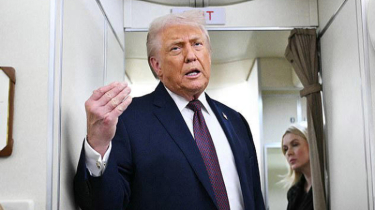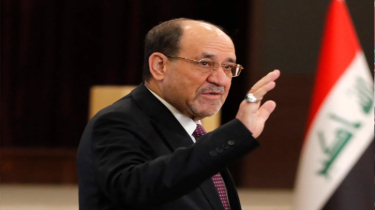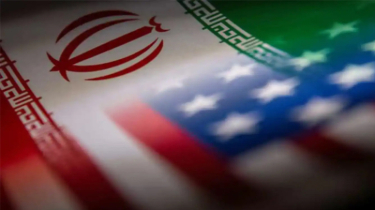Iran-Israel Conflict Derails Nuclear Diplomacy: Airstrikes Hit Key Sites as U.S. Talks Collapse
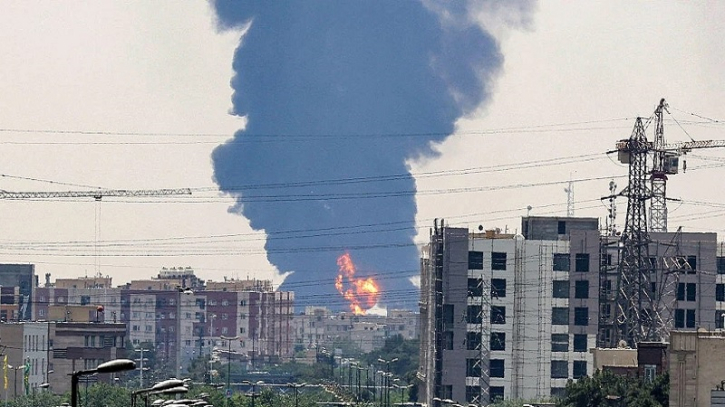
Published : 21:16, 15 June 2025
The ongoing conflict between Iran and Israel has entered a perilous new phase as both countries engage in sustained aerial attacks, now in their third consecutive day, following the abrupt termination of nuclear negotiations in Oman between Iranian and U.S. officials.
This marks one of the most dangerous escalations in Middle Eastern tensions in recent years, with far-reaching implications for regional stability, global energy markets, and international diplomacy.
On Sunday, Israeli forces launched a new wave of precision airstrikes targeting critical infrastructure within Iran, including oil refineries and sensitive components of the country's nuclear development program.
The Israeli Defense Forces (IDF) confirmed the strikes were part of a broader operation aimed at curbing Tehran's rapidly advancing nuclear capabilities, which have alarmed Western and regional powers. In response, Iran fired a series of missiles, some of which evaded Israeli air defenses and struck targets deep within Israeli territory, intensifying fears of a full-scale regional war.
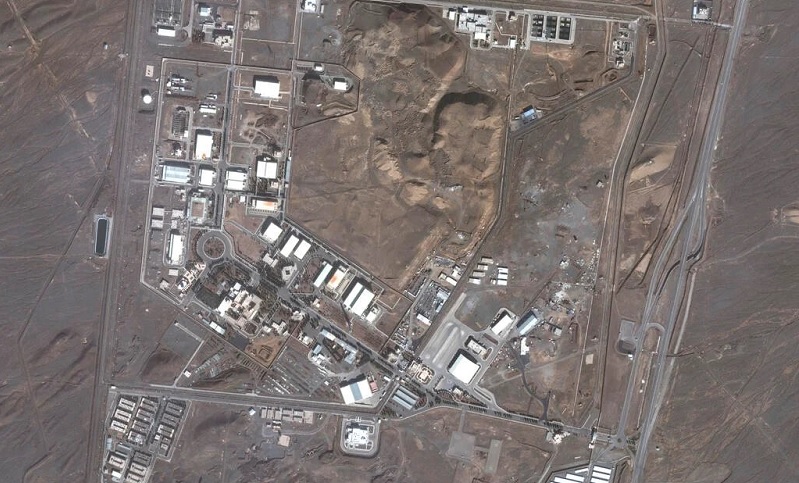
High-resolution satellite imagery analyzed by the Institute for Space and International Security (ISIS) and released by Maxar Technologies confirmed extensive damage at Iran’s Natanz and Isfahan nuclear facilities. Specifically, the pilot fuel enrichment plant and a key electrical substation at Natanz sustained direct hits, while missile development sites near Tabriz and other military installations across the country also appeared to have been targeted. Explosions were reported throughout the Iranian capital of Tehran, with large plumes of smoke seen rising over southern districts following an Israeli strike on an oil refinery.
Iran’s Foreign Minister Abbas Araghchi addressed the situation on Sunday, stating that Iran’s military response would cease only if Israel halts its operations. He further accused the United States of acting as a co-belligerent in the conflict by supporting Israeli actions, stating that Washington must bear responsibility for the escalating violence. This accusation comes after President Donald Trump voiced strong support for Israel, reaffirming that the U.S. would stand by its ally and warning Tehran that the only path to peace lies in reengaging with diplomatic talks on its nuclear program.
Meanwhile, the humanitarian toll continues to mount. Iran’s ambassador to the United Nations reported that at least 78 people have been killed and over 320 wounded in the strikes so far. Many of the casualties are civilians, raising international concern over the proportionality of the attacks and the potential for war crimes investigations.
The Israeli military, in a provocative move, issued warnings via social media advising Iranian civilians to evacuate areas near arms manufacturing facilities—an indication that further strikes are imminent. Analysts note that such public warnings may serve a dual purpose: to reduce civilian casualties while simultaneously escalating psychological pressure on the Iranian government and population.
As the strikes target Iran’s already-sanctioned oil infrastructure, economists warn of potential disruptions to global energy markets. Iran remains a significant player in global oil exports, and any sustained damage to its refineries and pipelines could drive up fuel prices internationally.
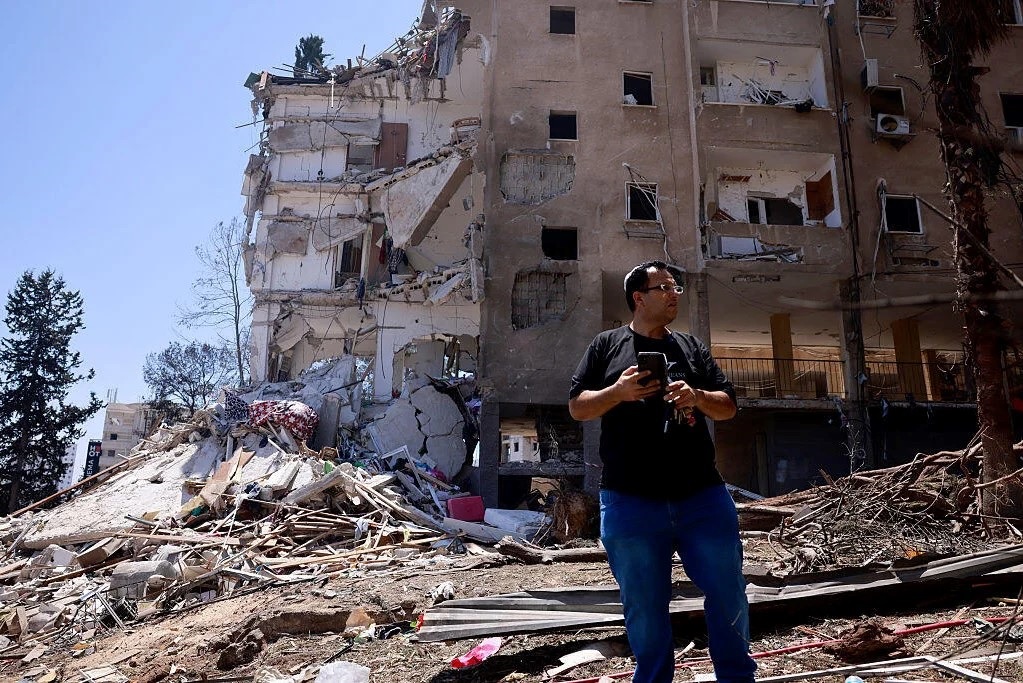 In the absence of diplomatic progress and amid rising rhetoric on both sides, international actors—including the European Union, China, and Russia—have called for an emergency session of the United Nations Security Council. However, with both Iran and Israel appearing entrenched in their positions, and the U.S. standing firmly behind its ally, a swift diplomatic resolution seems unlikely.
In the absence of diplomatic progress and amid rising rhetoric on both sides, international actors—including the European Union, China, and Russia—have called for an emergency session of the United Nations Security Council. However, with both Iran and Israel appearing entrenched in their positions, and the U.S. standing firmly behind its ally, a swift diplomatic resolution seems unlikely.
This confrontation underscores the fragility of international nuclear diplomacy and highlights the dangers of a deteriorating security environment in one of the world’s most volatile regions. Experts warn that unless de-escalation efforts are urgently undertaken, the Iran–Israel conflict could spiral into a broader regional war involving proxy militias, neighboring states, and major world powers.
Source- BBC, The Guardian
বিডি/ও




